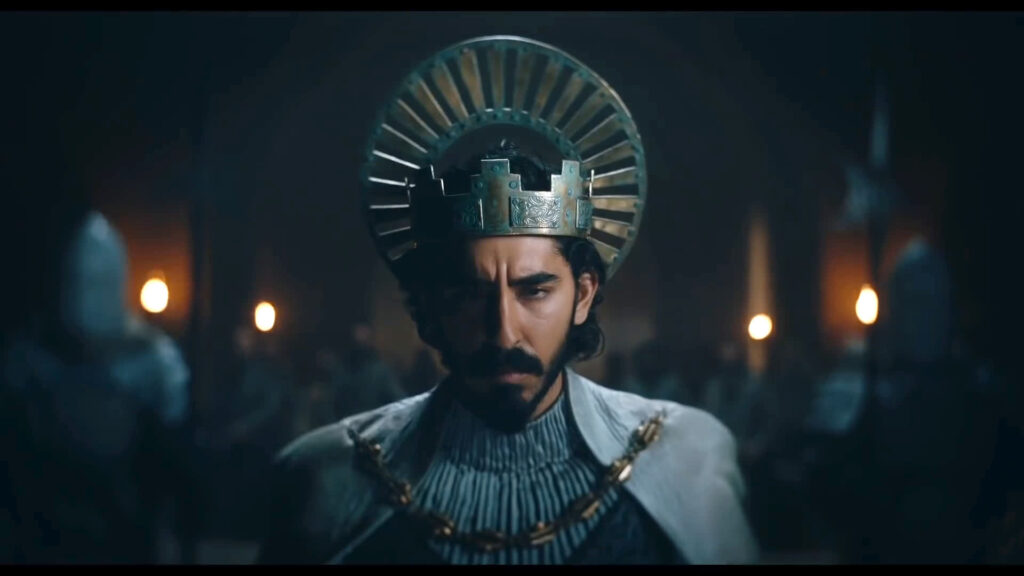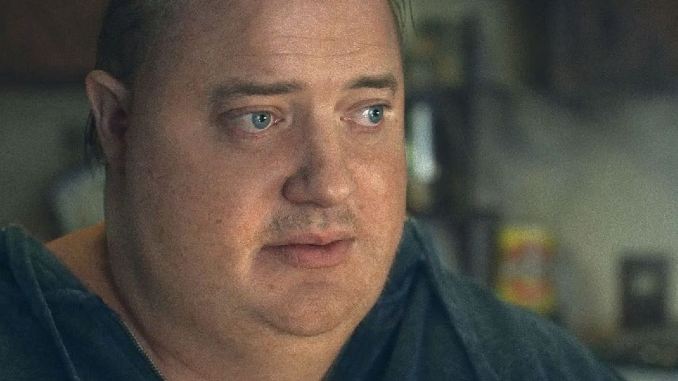At this year’s Oscars, distribution company A24 swept up nine of their eighteen nominations. Everything Everywhere All at Once exceeded my expectations by not only winning Best Picture and Director, but also three out of the four acting categories alongside Best Writing and Editing. The other acting accolade went to Brendan Fraser’s performance in The Whale, which also won hair and make-up to reignite fatphobia discussions. Last year, on the other hand, was a very different story. Denzel Washington was the only A24 nomination (Best Actor for The Tragedy of Macbeth) amongst an arrangement of films forgotten amid controversial circumstances. Whilst it wasn’t A24’s strongest season for releases, there’s one film that flew under most people’s radar.
Directed by David Lowery, The Green Knight is an adaptation of Arthurian legend which injects new blood into the fantasy genre. For starters, Dev Patel plays Sir Gawain, when members of the round table are normally reserved for white actors. Gawain embodies everything a knight isn’t meant to be: unambitious, cowardly, and lazy. He spends evenings getting drunk in local taverns before sleeping with peasant Essel (Alicia Vikander) to his Mother’s (Sarita Choudhury) disappointment. So her son can redeem some honour, she uses black magic to summon a large green knight (voiced by Ralph Inesson) and disturb the big feast – hosted by the King and Queen (Sean Harris, Kate Dickie). Striking him down, however, sets Gawain on a long journey he likely won’t return from.
Although the set-up of an unwilling protagonist on a quest forced upon them is not a new concept, this particular anti-hero knight added a level of relatability I hadn’t felt with other fantasy titles. Already a disaffected youth given too much power à la Nepo Babies, Gawain spends his journey continuing to be ill-disciplined by falling for every temptation. Traits equating to lust and selfishness are emphasised by a stellar supporting cast, including Barry Keoghan, Joel Edgerton and Erin Kellyman. Frequently having his actions questioned throughout, and his misdeeds dutifully punished, leads to Gawain’s natural growth as the story progresses.
In a similar fashion, his goal of going from A to B with a boss at the end doesn’t follow formulaic tropes or predictable beats. Several twists and turns are compounded with visual trickery and a sleight of hand element that means you can never be sure of what’s fact or what’s fiction. The use of symbolism leaves a lot open to interpretation, leaning further into the folklore surrounding these mythical characters and rewarding those who rewatch The Green Knight. The film also uses beautiful colour grading and inventive camera shots against an array of backdrops to stunningly disorientate the audience travelling alongside Gawain.
Despite such amazing cinematography, which would have likely still lost to Dune or The Power of The Dog, I feel the feature’s best chance at an Oscar would have been in the Best Adapted Screenplay category. Based on a 14th century poem, The Green Knight stays true to the original material. Lowery finds the balance of authenticity and comprehension with his script, removing some alienating old English language but keeping its fanciful, poignant and even humorous heart. Overall, I believe that Academy members snubbing The Green Knight was quite dishonourable, especially for a film combating the many stereotypes of previous mediocre Arthurian depictions. Yet, whilst Gawain and I strive for greatness, we should do well to remember that goodness is enough.


